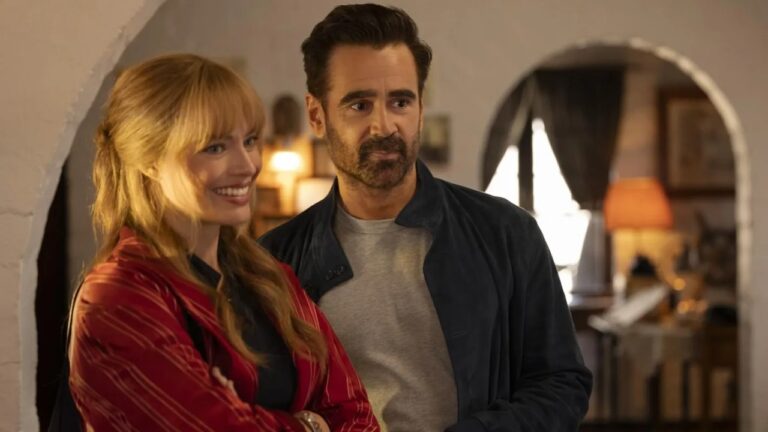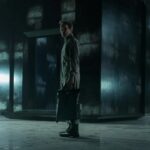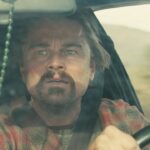Note: This article contains plot details from ‘A Big Bold Beautiful Journey.’
Filmmakers have always been attracted to the depiction of journeys on the road, and the road has been used as more than just a journey in these films. In films like ‘Easy Rider’ and ‘Eternal Sunshine,’ we have seen how roads become an indicator of memory, loss, and the chance to begin again. This September, the Korean-American filmmaker Kogonada (Columbus, After Yang) is coming out with ‘A Big Bold Beautiful Journey’ starring Colin Farrell and Margot Robbie.
As far as the premiere of the new movie goes, it definitely sounds irresistible, thanks to the cast of two bright stars, a script penned by Seth Reiss from the movie The Menu, and a premise that combines magical realism with bittersweet romance. However, the movie does tend to fall into sentimentality, opting for more greeting card-level whimsy than actual emotional authenticity.
Margot Robbie and Colin Farrell Reunite in Kogonada’s Road Trip of Memory and Grief
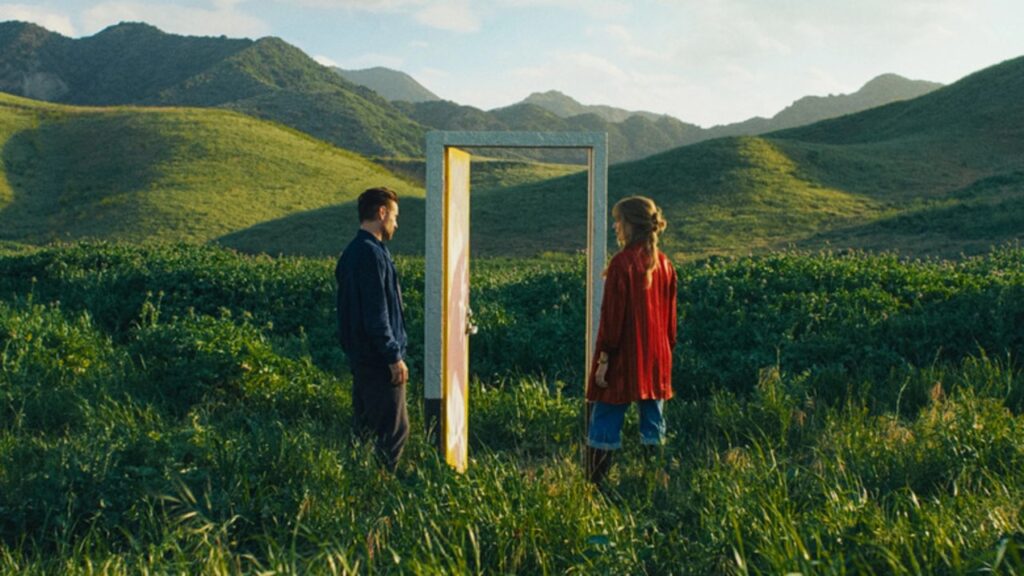
The movie covers the journey of Sarah (Margot Robbie) as a woman troubled by memories of failed love and terrible family sorrow. She later reunites with David (Colin Farrell), who is a lonely man that she once rejected after a wedding. However, the beauty of fate, which was hidden behind a retro GPS, develops their journey from a series of events that symbolize the uncanny turns of their path, with every strange door that they encounter revealing a significant memory that they thought was long over for both Sarah and David.
What if a road trip was more than a journey to a new place, but a physical necessity to confront the unresolved elements of your own history? Unfortunately, the way the movie delivers is riddled with forced dialogue and too-easy conclusions. The way David informs Sarah that he’s booked a table at “your favorite restaurant” is representative of the film’s poor ear for dialogue. Instead of the kind of sharp, lived-in conversation we want, we get dialogue that reads like a placeholder in a screenplay.
Kogonada is working with a cinematic voice that is precisely tuned, creating images that are obviously highly considered and distinctly his. He is drowning the frame with deeply colored raincoat yellows, postbox blues, and fire truck reds. The effect is to present a storybook color scheme that contrasts with the constantly shifting topography of California, bursting green and then laterally drying to rustling browns—a visual analogue for memory and decay. In this sense, the overly heightened color scheme frequently conflicts with the superficial emotional truths that are being presented. While ‘Columbus’ and ‘After Yang’ succeeded through restraint and subtlety, Kogonada goes for broke, often landing firmly within the inspirational realm of the Instagram feed.
When Road Trip Clichés Replace Genuine Emotional Stakes
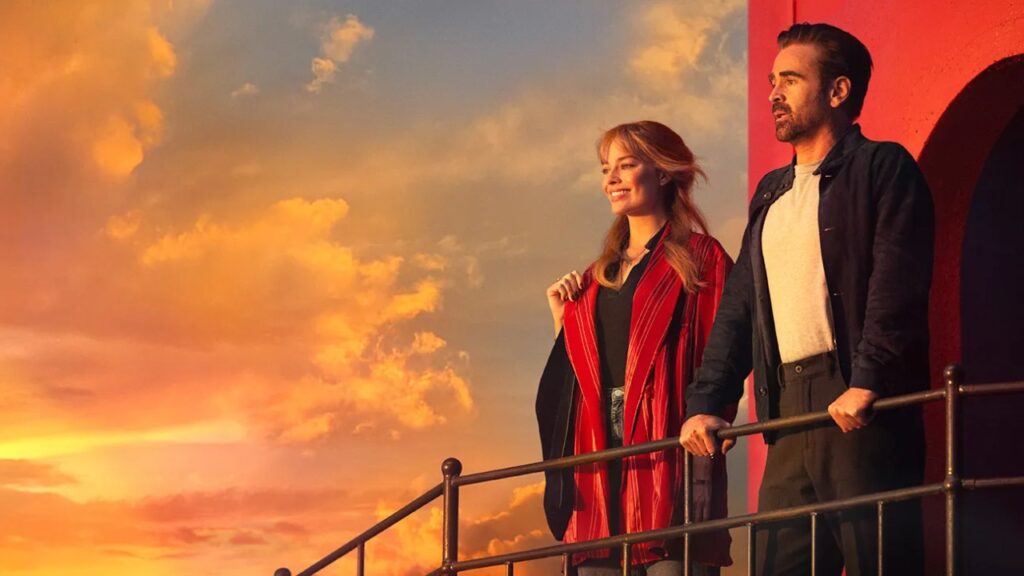
The cast provides unmistakable star power. Robbie brings Sarah to life with her characteristic mix of vulnerability and toughness, while Farrell’s tragic charm lends David enough substance to prevent him from getting lost in the fog of fantasy. Supporting performances by Phoebe Waller-Bridge and Kevin Kline, both of whom are playing the eccentric rental car agents who supply the magical Saturn, add comic moments, although their storyline tends towards sketch comedy rather than grounded humor.
But at its best, A Big Bold Beautiful Journey winks at Kaufman-esque storytelling with films that trace the lines of memory, identity, and love amidst breathtaking backdrops. However, it does so without the nuance of Eternal Sunshine, which found a happy balance between its playful and conceptual nature and an emotional depth that actually meant something. Kogonada’s film mostly skirts the surface when it comes to pain, when in fact, a breakup, a death in the family, a high school crush that went awry—is something that most of us can identify with. Still, there are moments when it works. There is a sequence in which Farrell breaks into a few lines of “How to Succeed in Business Without Really” Trying that ends up being very funny as well as surprisingly moving. Then there is a scene in which Sarah reacts with annoyance at being conflated with “40” in David’s high school memories that captures the pain of pride and the passing of time with witty aplomb.
